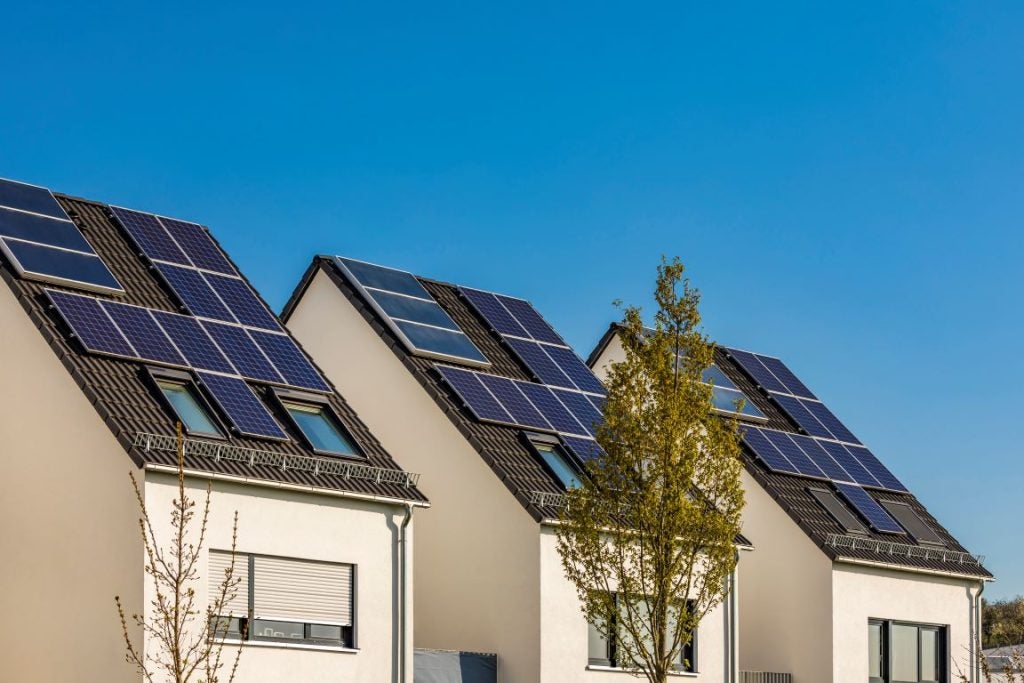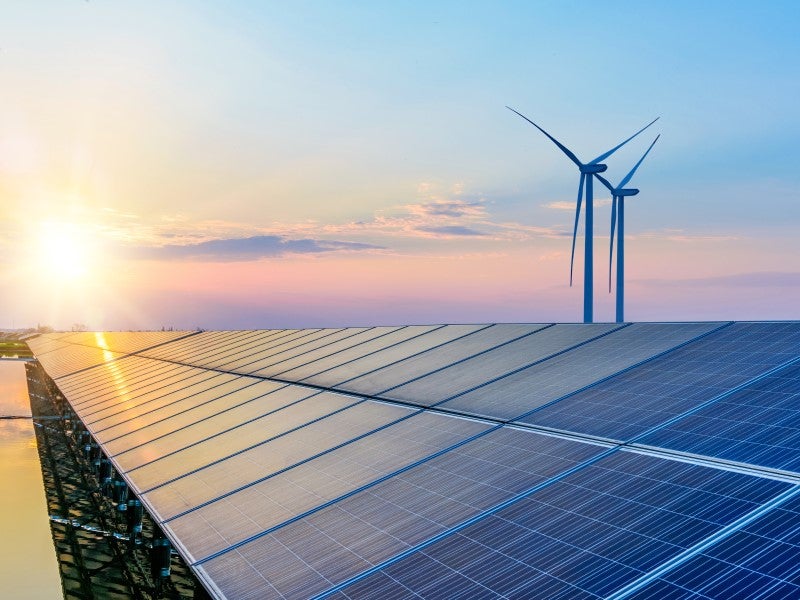A report from the Germany-based Centre for Solar Energy and Hydrogen Research Baden-Württemberg (ZSW) has found that renewable energy in Germany covered more than half of total electricity production in the first half of 2023.
Renewable energy generated around 52% of gross domestic electricity. The ZSW and the Federal Association of Energy and Waste Management (BDEW) conducted preliminary research and found that generation this year was 3% higher than in the first half of 2022.
"Twenty years ago, hardly anyone would have thought it possible that we now generate more than half of our electricity from renewable sources," said Kerstin Andreae, chair of the BDEW executive board.
According to the findings, the gross electricity consumption aligns with the federal government’s requirements for expanding renewable energies. The executive director of ZWS, Frithjof Staiß, says the federal government has set the course by prioritising the consumption of renewable energy as well as the digitalisation of grid expansion projects.
Referring to the pace of renewable development in Germany, Staiß said in a statement: “This applies to the development of generation technologies as well as to the infrastructures; above all, the power grid, especially at the distribution grid level.”
The findings showed that the share of renewable energy in electricity generation was “unusually high” in May, at 57%, and 62% in February this year. Photovoltaic (PV) systems generated 8.8 billion kilowatt-hours of electricity in June, which the research says is “more than ever before”.
Andreae urges organisations and governments to work with skilled workers and a suitable regulatory framework to achieve climate goals. “Regardless of whether it is for the construction of wind turbines, the development of storage systems or the digitization of the grids, ultimately it is people who implement the energy transition,” she said.











